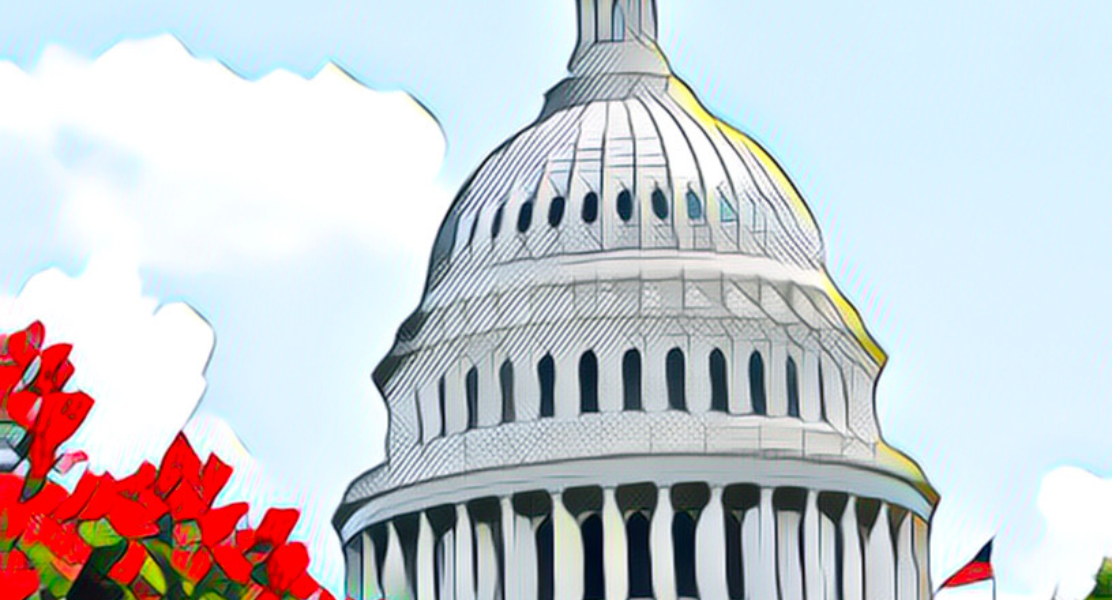U.S. House rejects nationwide school voucher amendment 311-113, while states continue to enact voucher programs

During debate over the Parents Bill of Rights Act (H.R. 5) – a bill that would establish numerous parental rights in the context of elementary and secondary education – a problematic voucher amendment was defeated.
Rep. Chip Roy, R-Texas, proposed an amendment that would divert federal education funds to “follow” each child, whether for public or private – including religious – education. The proposal effectively would have created a nationwide school voucher scheme, sending federal tax dollars to fund religious education and destabilizing public education funds across the country in the process. We alerted our BJC Advocacy Team about it, asking them to reach out to their congressional representative to vote “no” on the amendment. After all, public dollars belong in public schools where there is public accountability.
In an enormous victory for school voucher opponents, the measure was soundly defeated by a vote of 311-113. More than 100 Republicans joined all Democrats in voting no.
BJC has been a consistent voice for many years on this topic, standing up in the name of religious liberty against efforts to implement school voucher systems. There are three major reasons:
First, while parents absolutely have the right to choose religious education for their children, BJC has long emphasized that taxpayers should not shoulder the financial burden of funding religious teachings.
Second, and perhaps more than ever, robust religious liberty protections for all rely on a strong public school system, which could be decimated financially in many areas by voucher funding schemes. As BJC’s Jennifer Hawks explained in a recent column, a robust public school curriculum “may be the most practical way to oppose Christian nationalism.”
Third, voucher programs that fund religion do no favors to the religious institution receiving the funds. Vouchers threaten the religious autonomy of the church receiving them, and the church itself often sees a decline in tithes and offerings as well.
While the U.S. Supreme Court continues to weaken religious liberty protections designed to safeguard taxpayers from funding religion, polls have shown that Americans disapprove, or at best are evenly divided on voucher schemes. As FiveThirtyEight describes the available data, “universal vouchers aren’t universally popular.”
All who believe in religious liberty and support a strong public school system must continue to educate others on the dangers of school vouchers. For now, it’s heartening to see that there is a strong, bipartisan majority in Congress willing to draw the line at a nationwide voucher system using federal tax dollars.
Meanwhile, multiple states this year have enacted voucher systems, most recently in Florida, where Gov. Ron DeSantis signed into law this week an enormous expansion of the state’s voucher program, providing vouchers to all Florida students to use in paying private school tuition. Florida joins Iowa, Utah, and Arkansas in passing significant voucher legislation this year. At least 18 other states have similar bills pending.
For more helpful information and discussion of this topic, check out BJC’s Religion in Public Schools resource page. Amanda Tyler and Holly Hollman also discussed the role of religion in public schools – including the need for strong public schools – in a recent episode of the Respecting Religion podcast.




